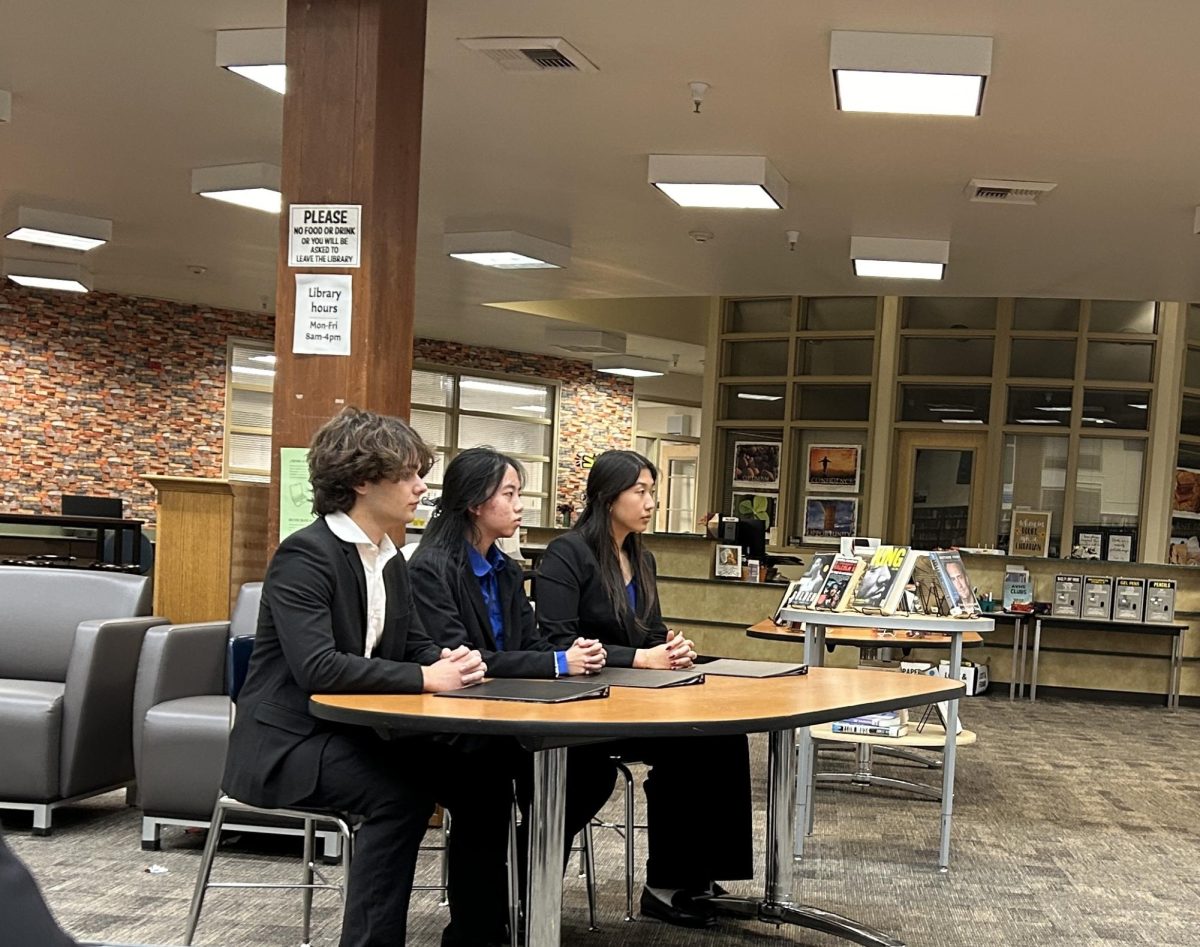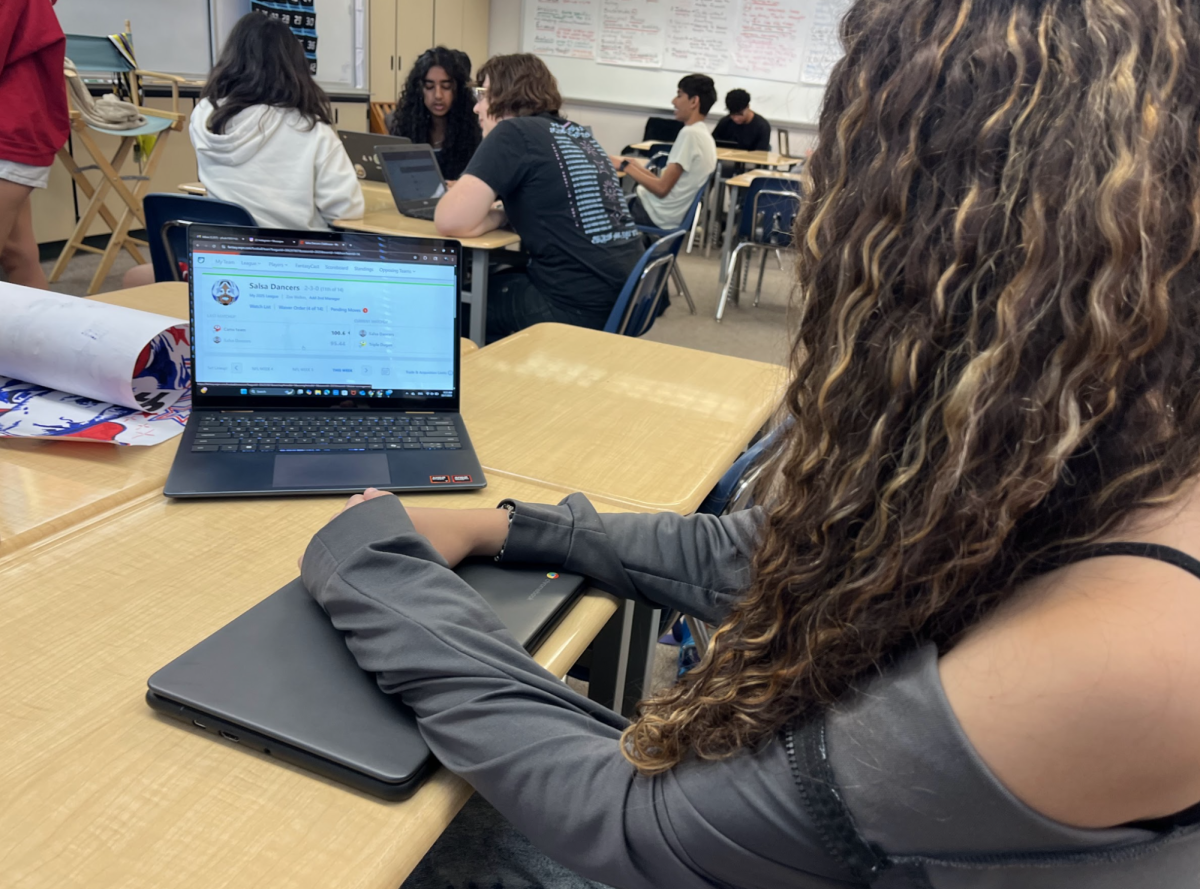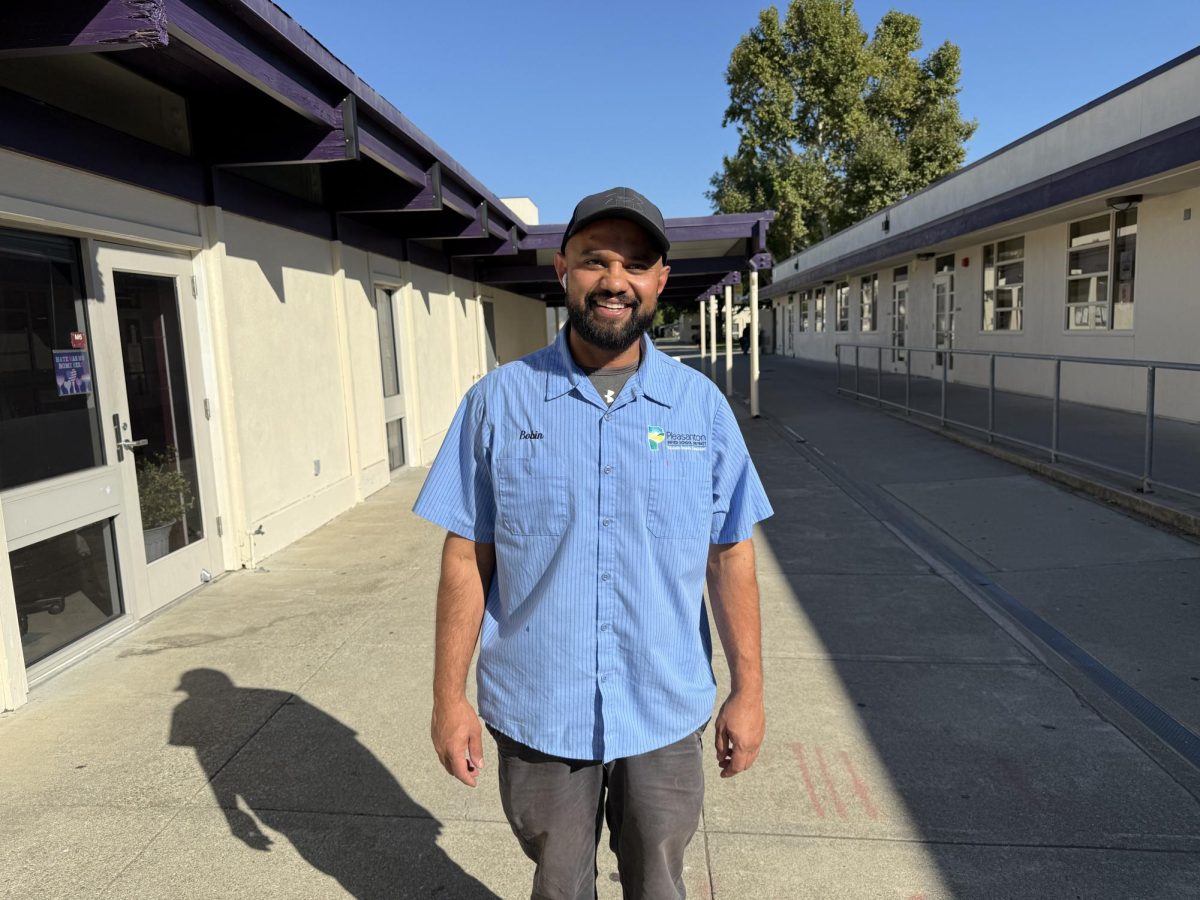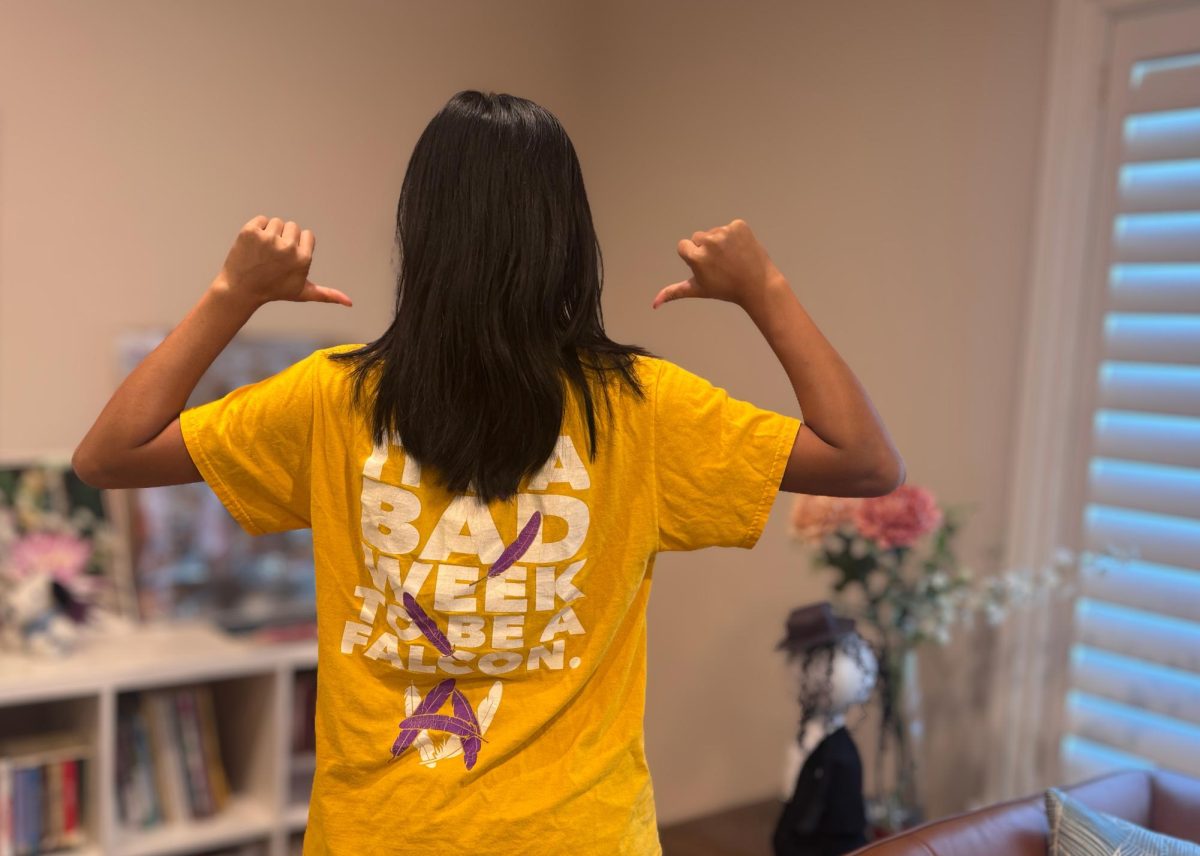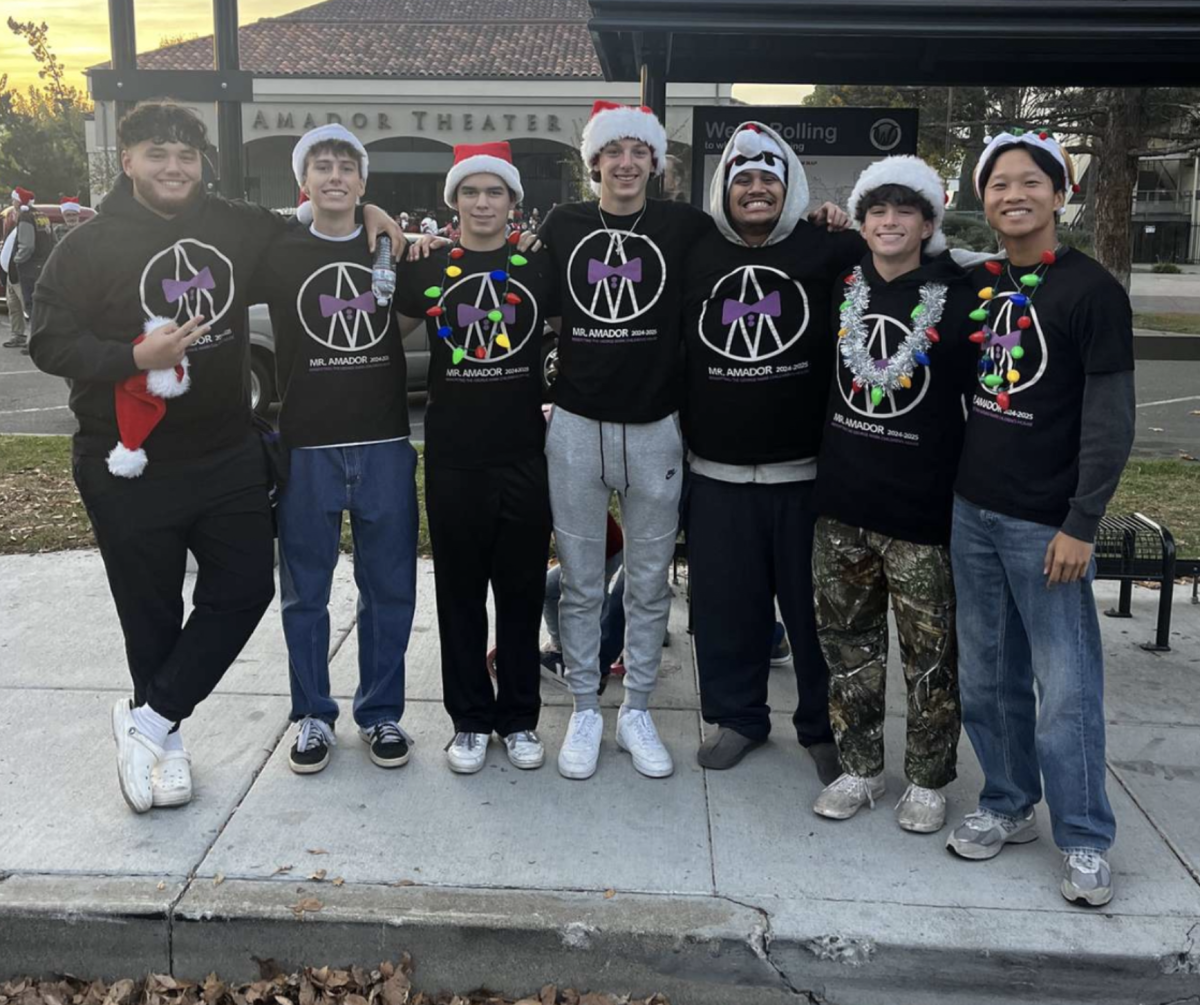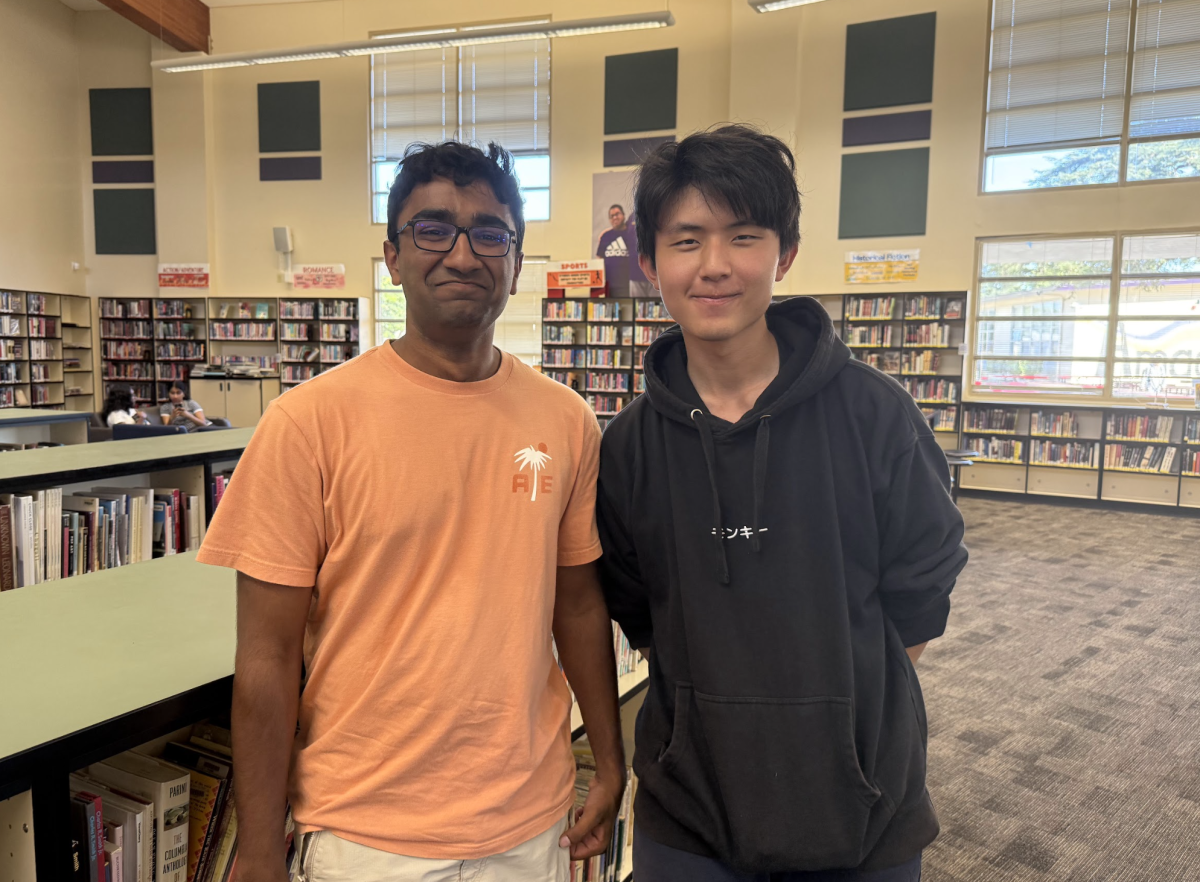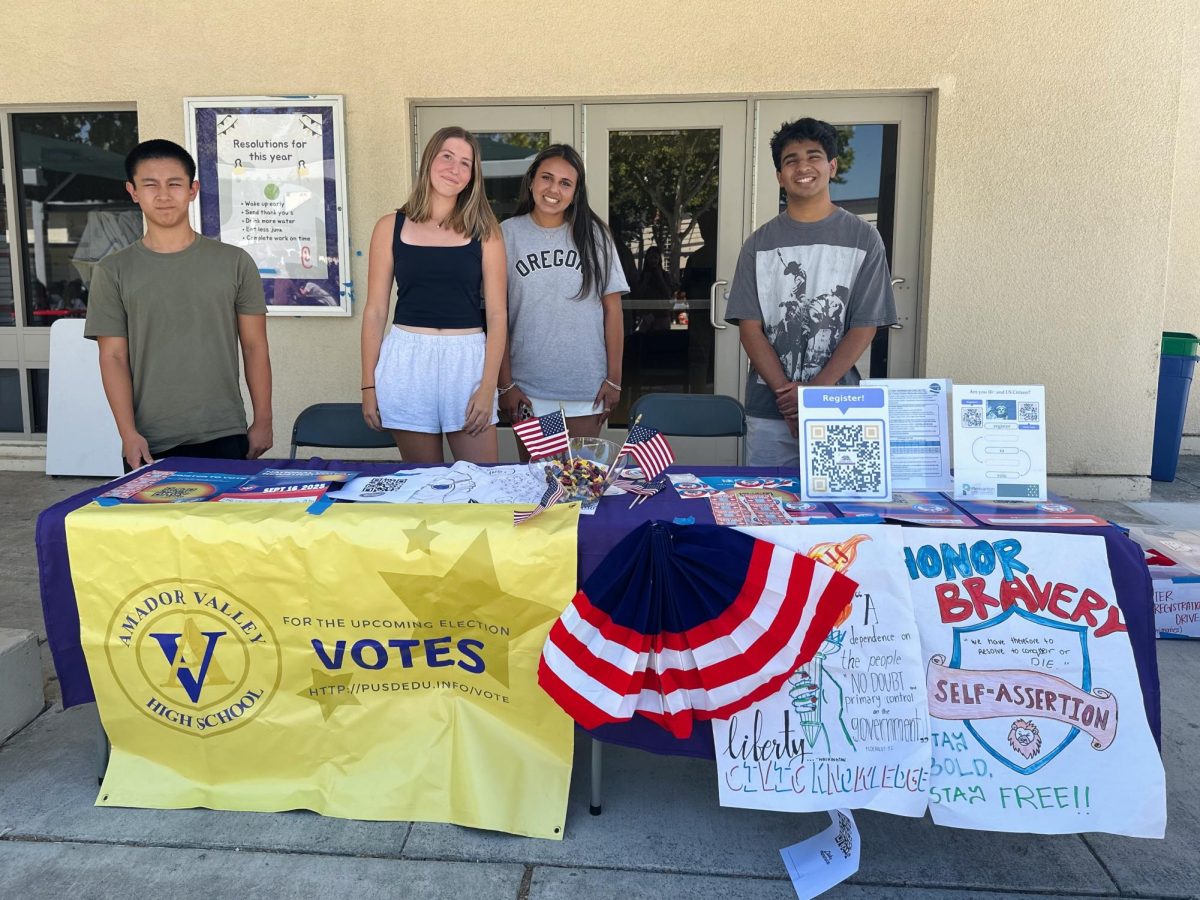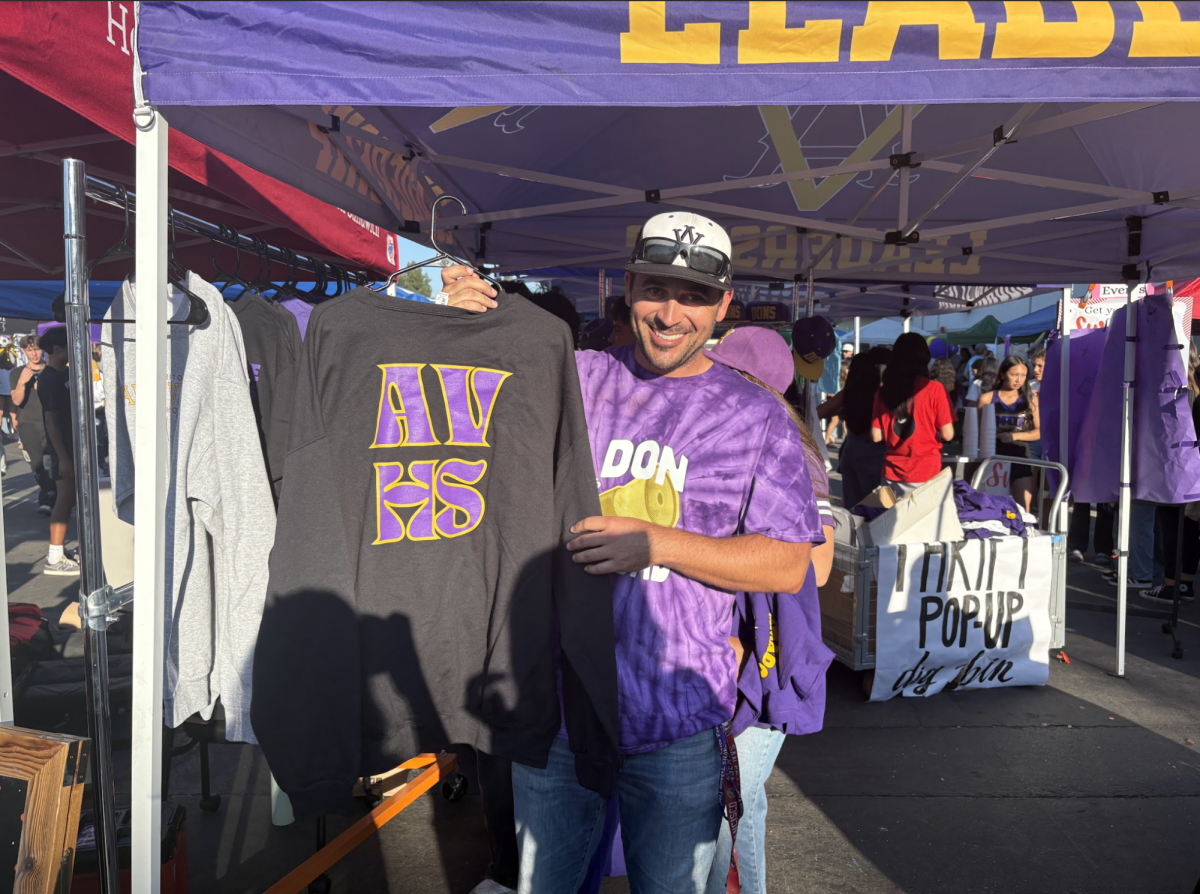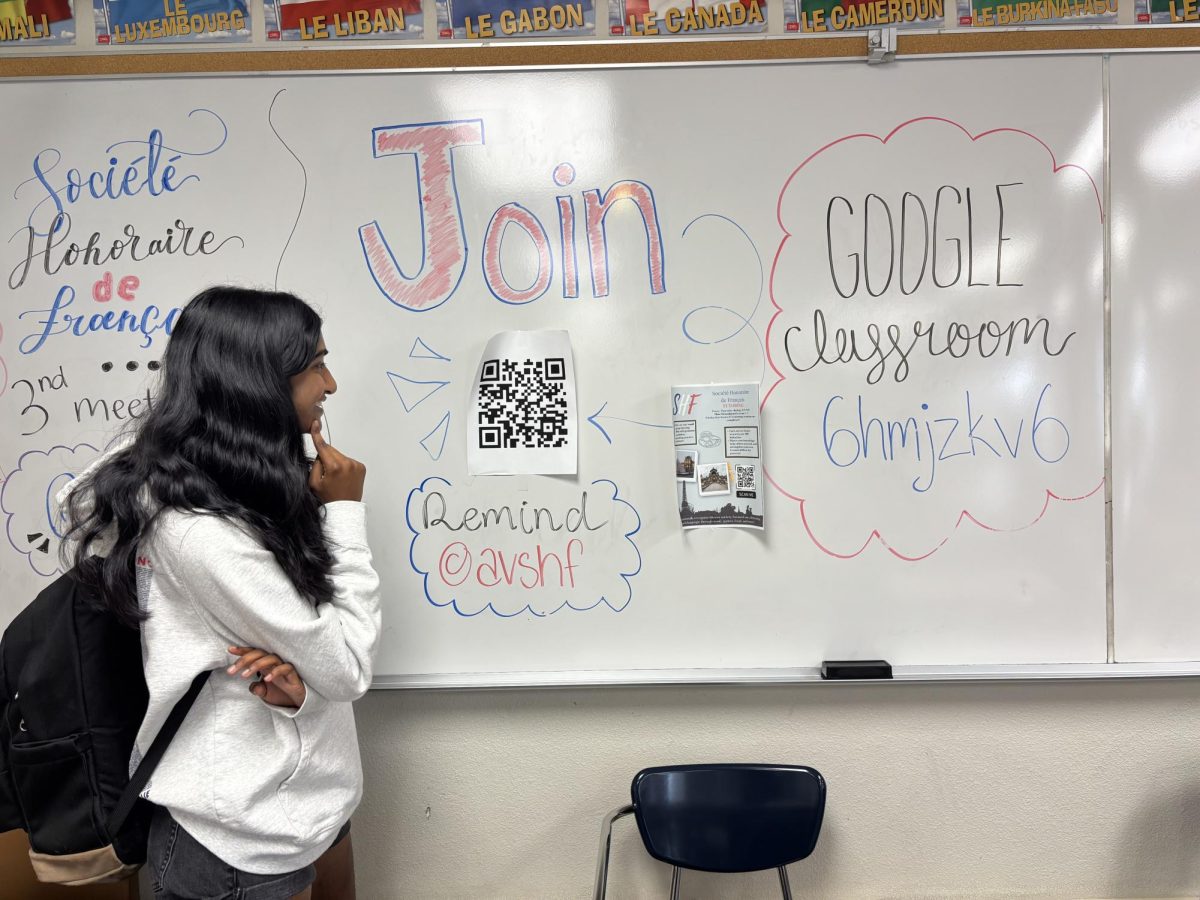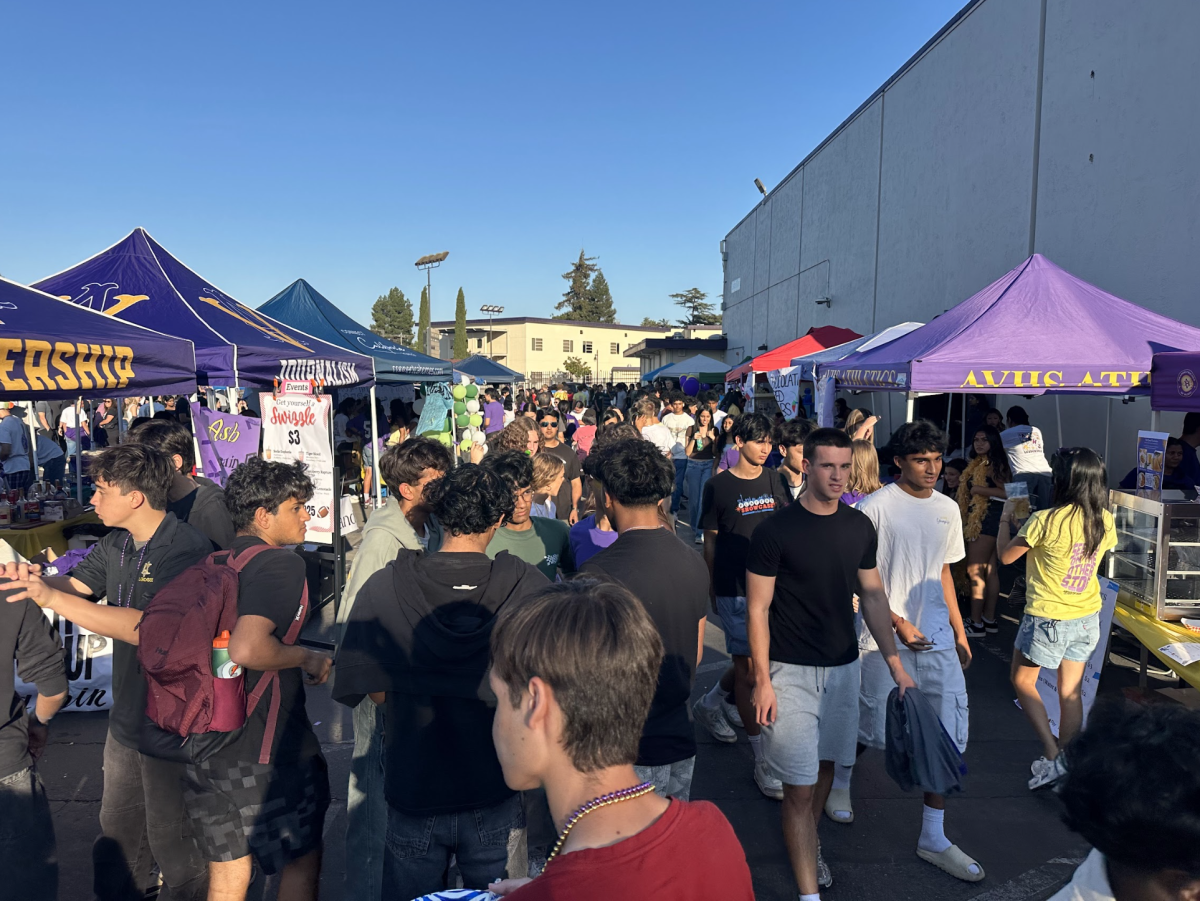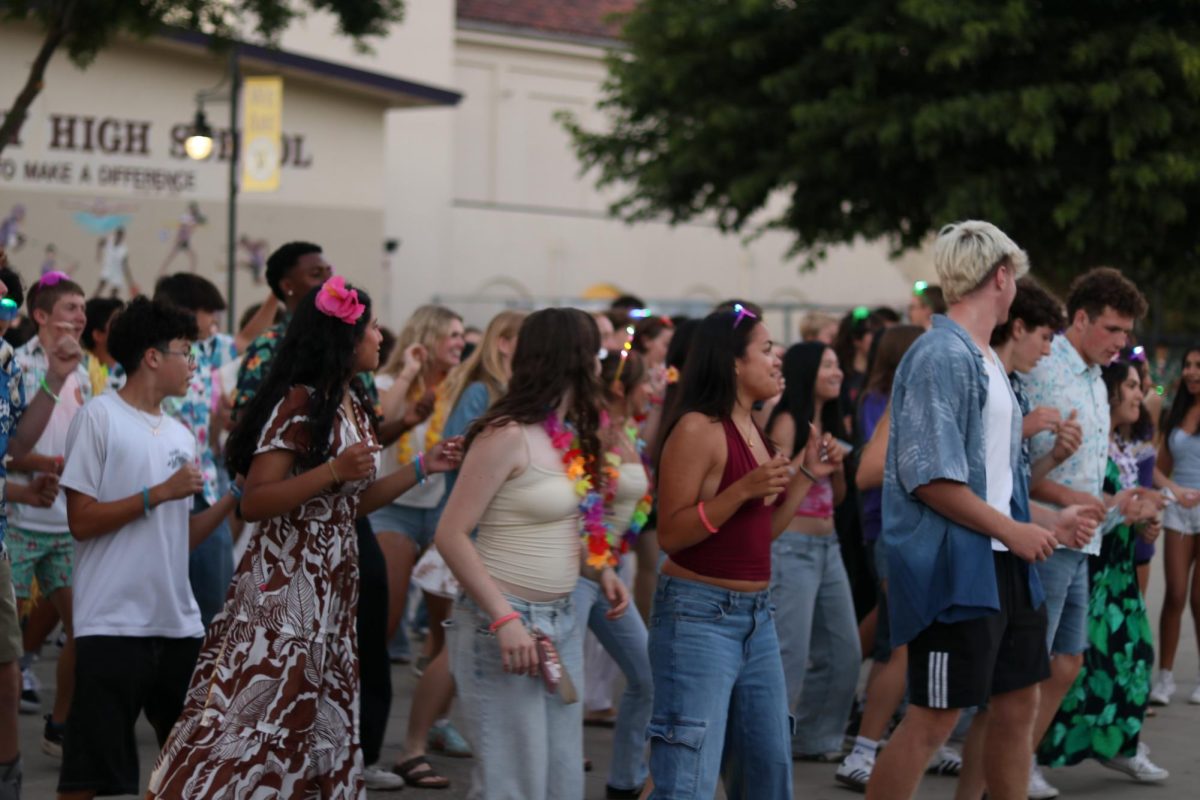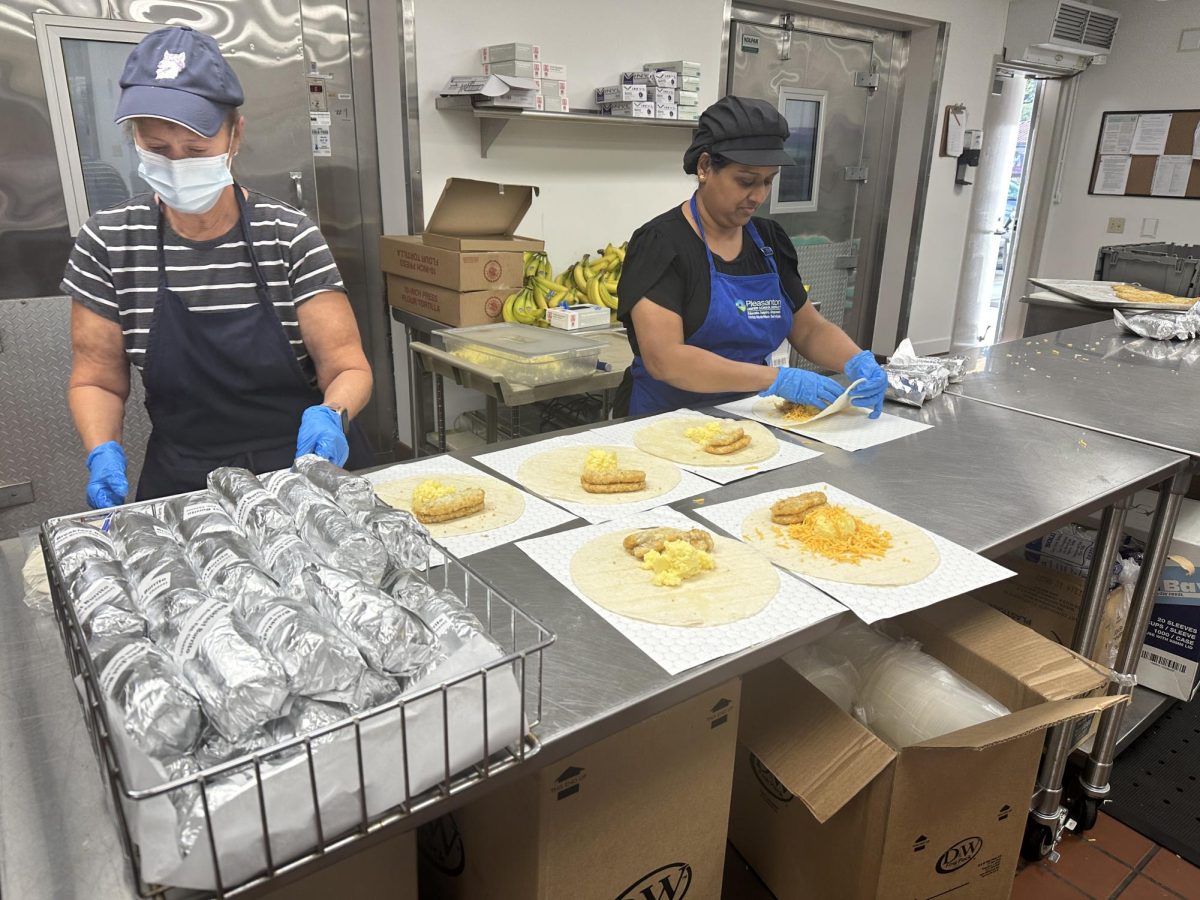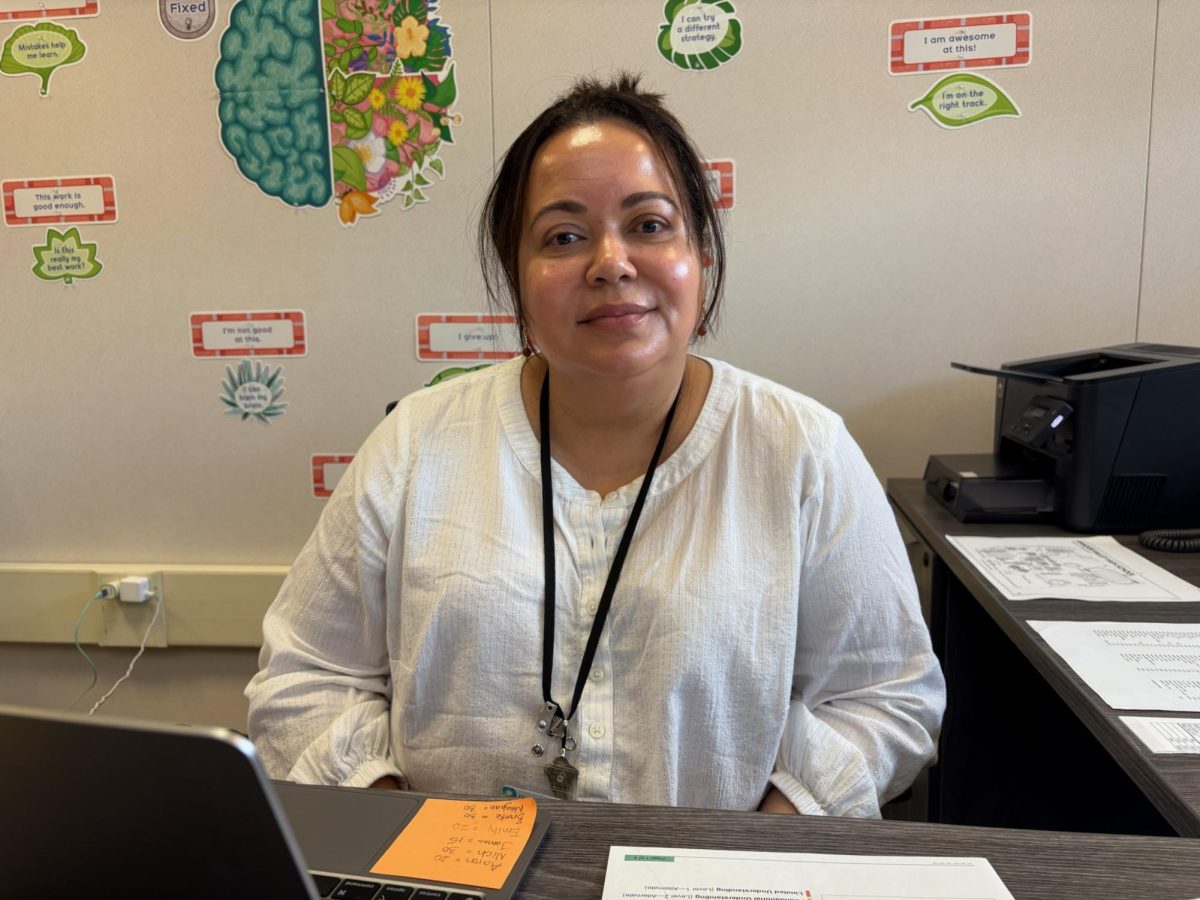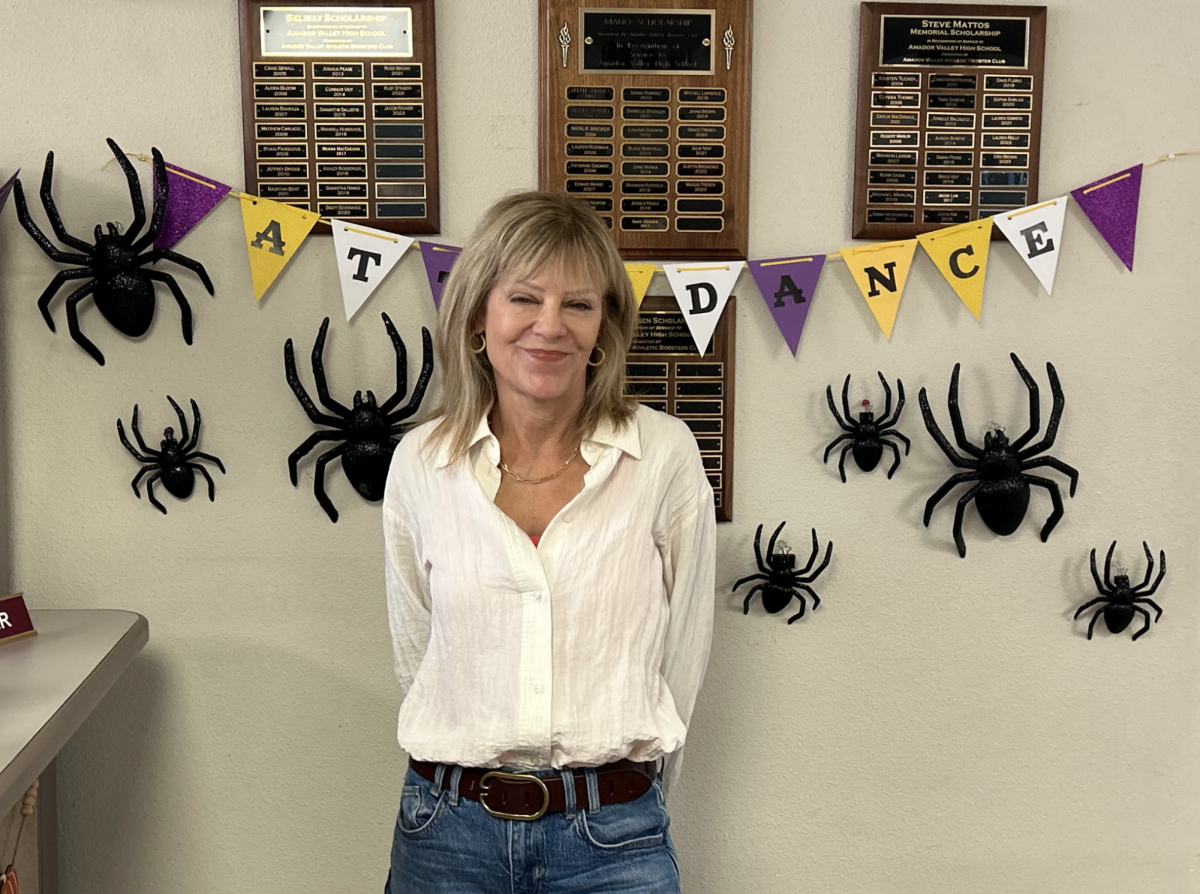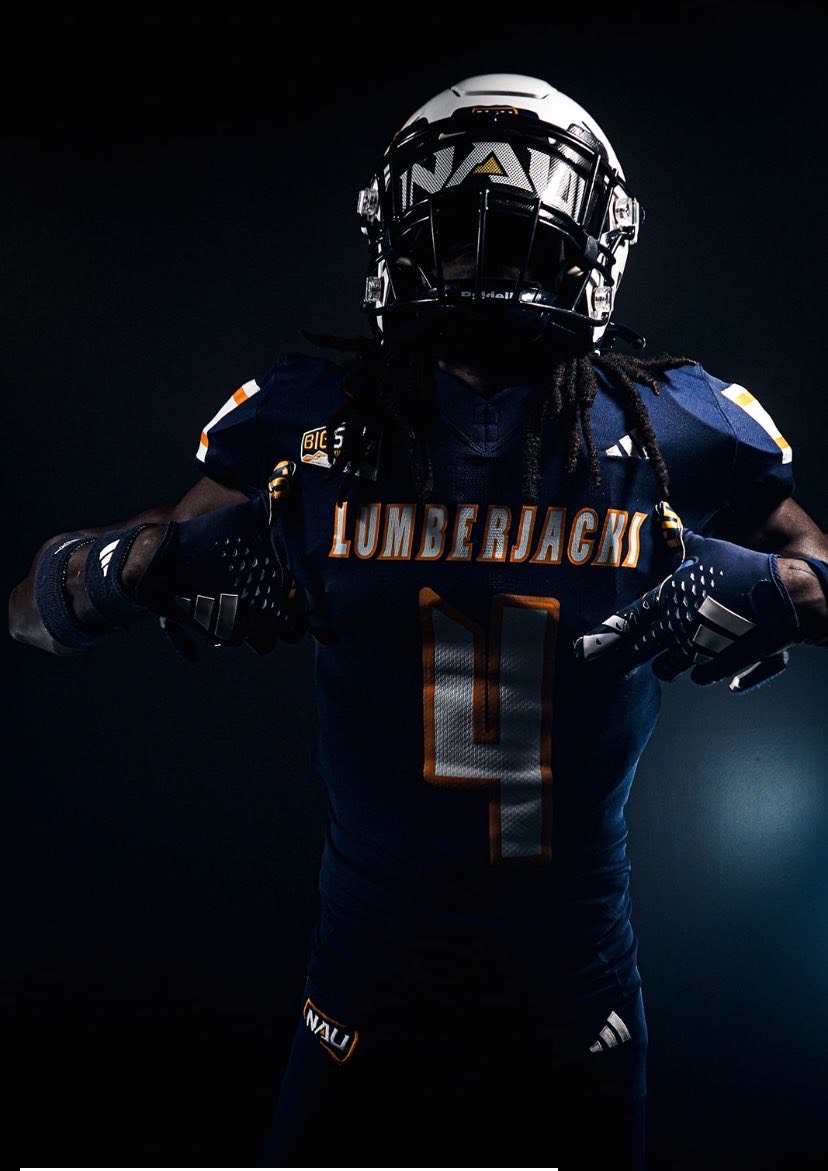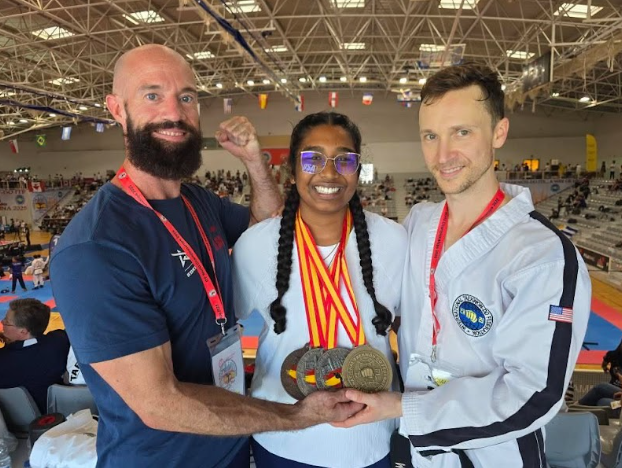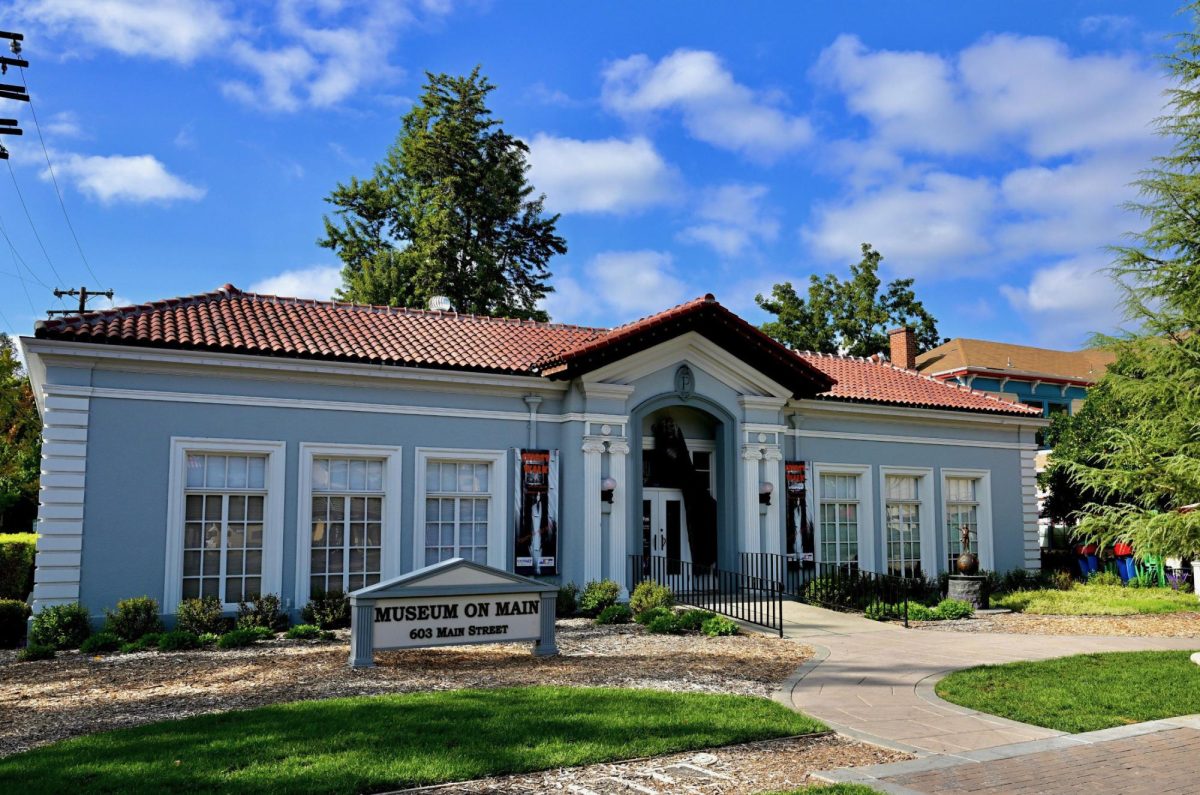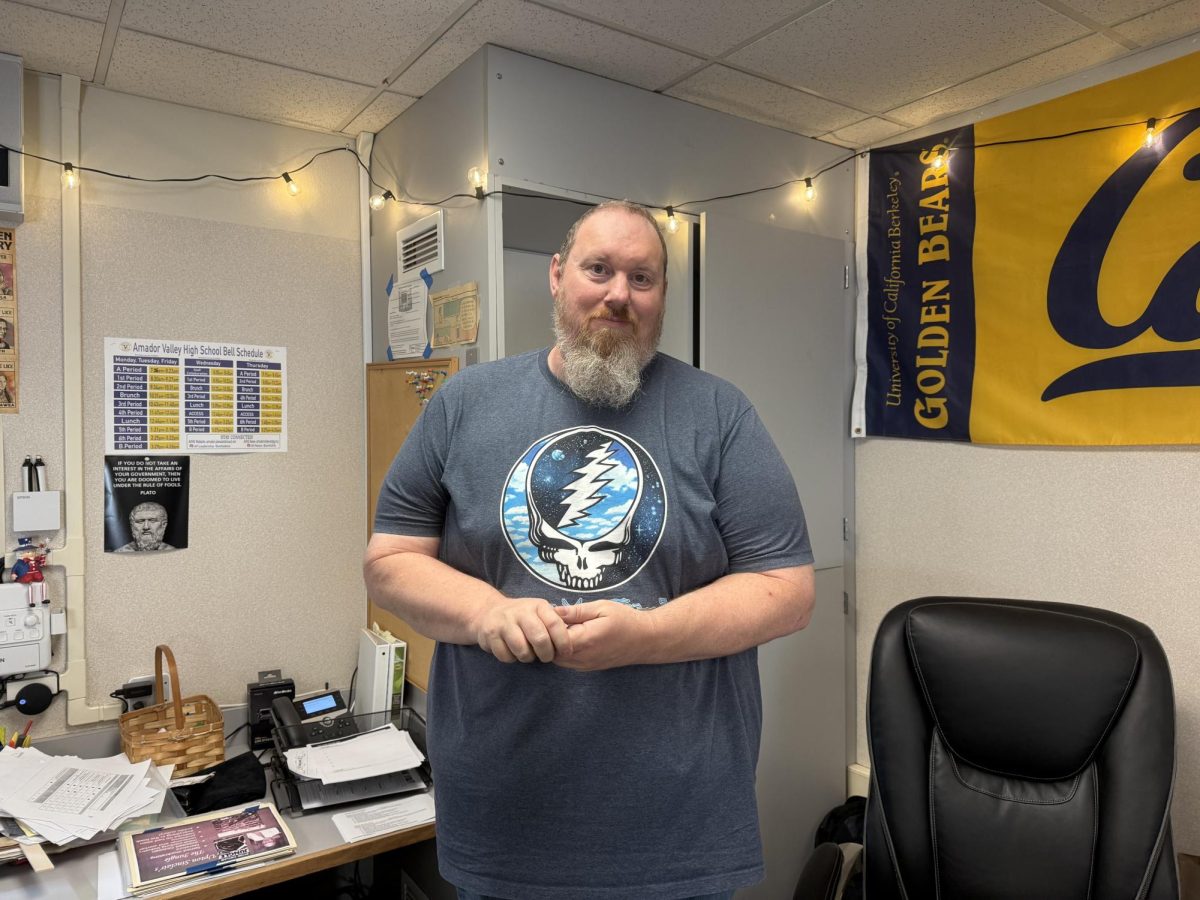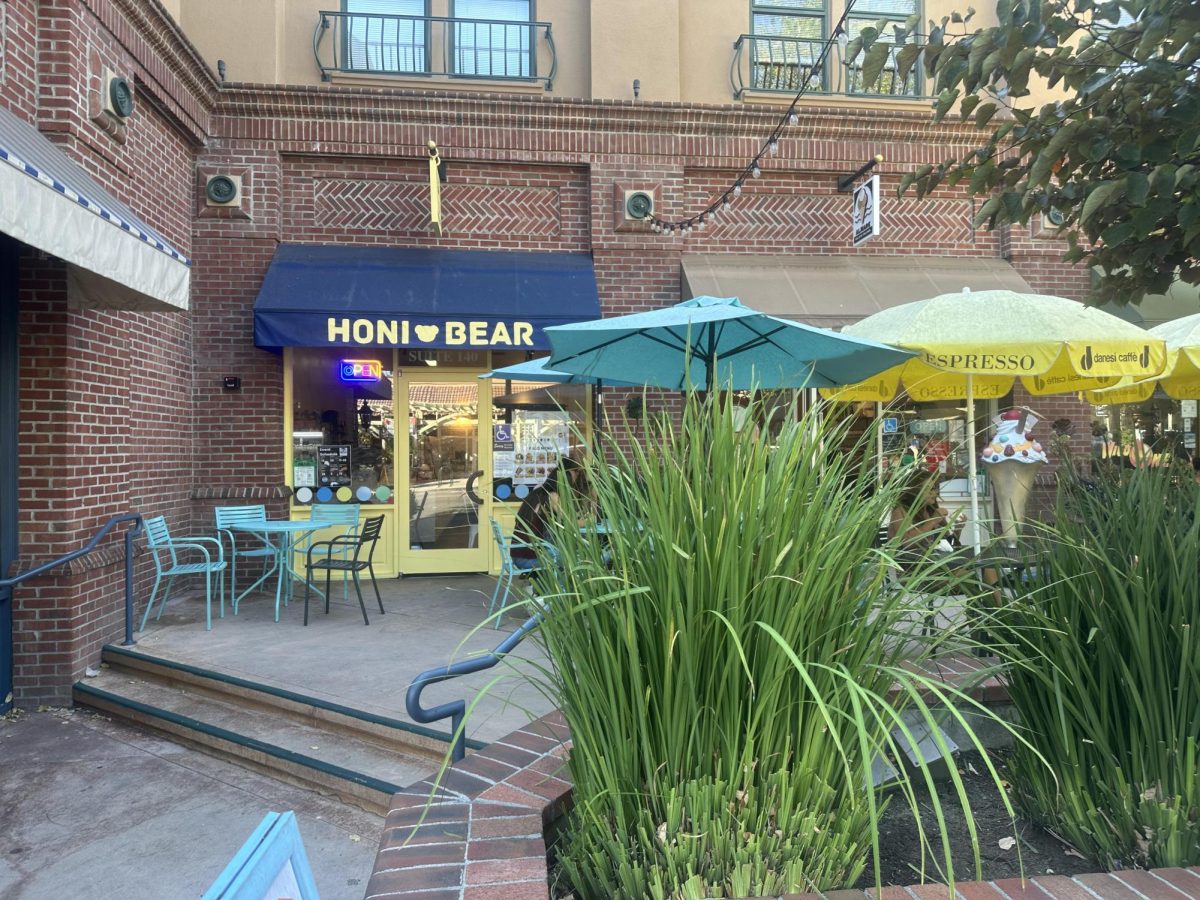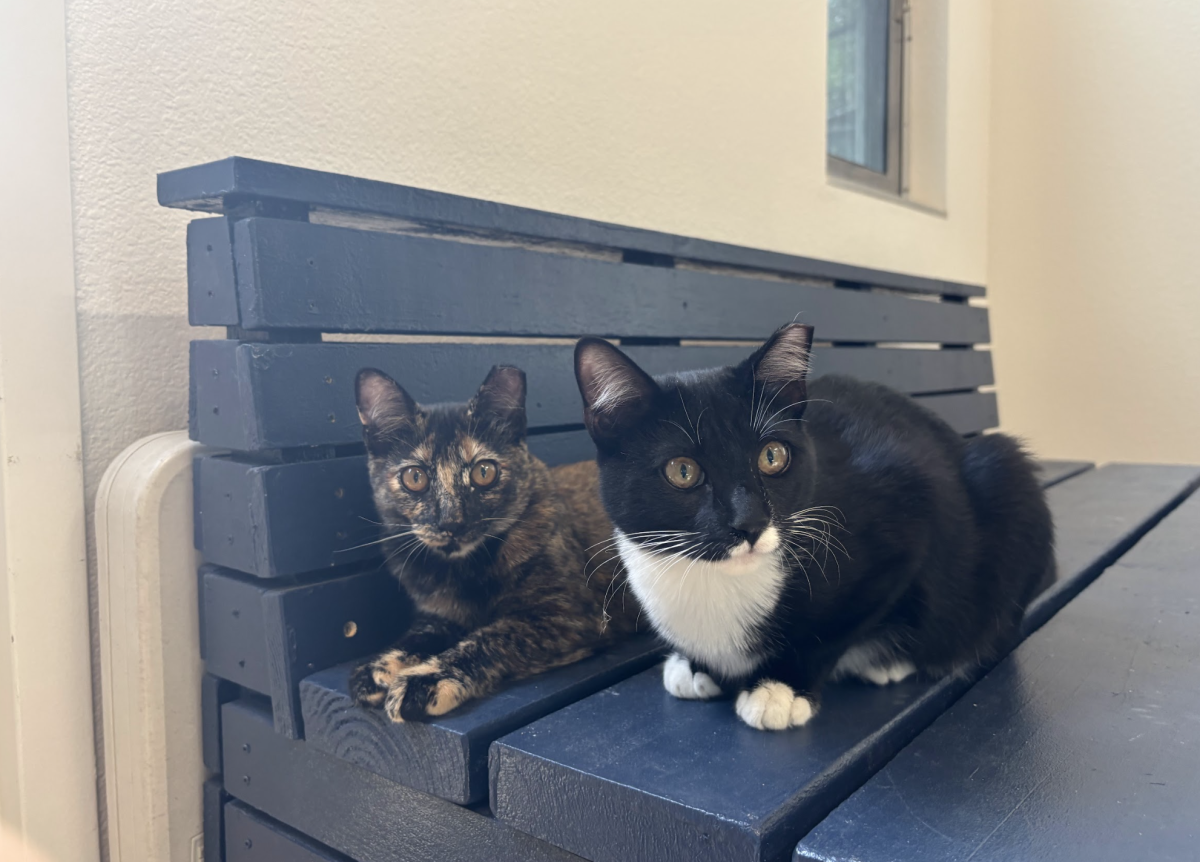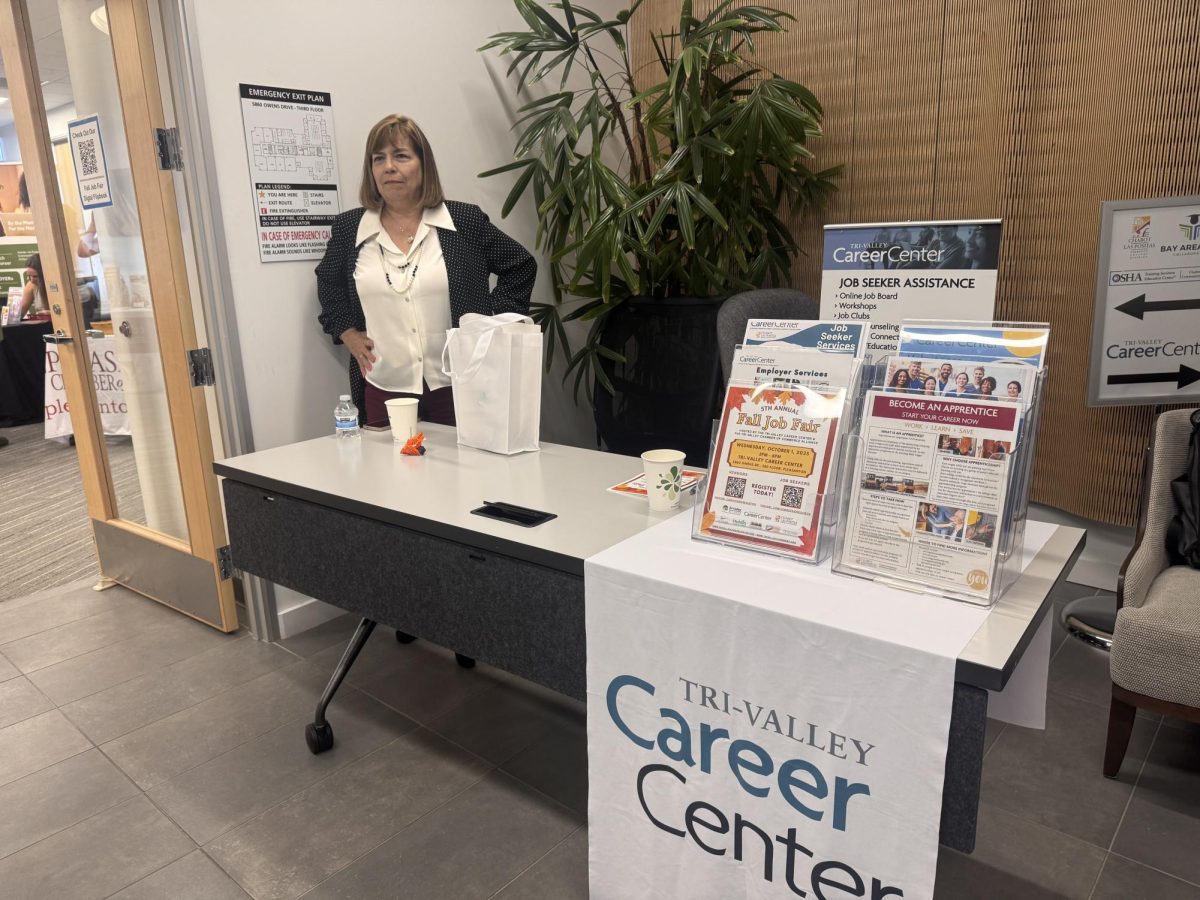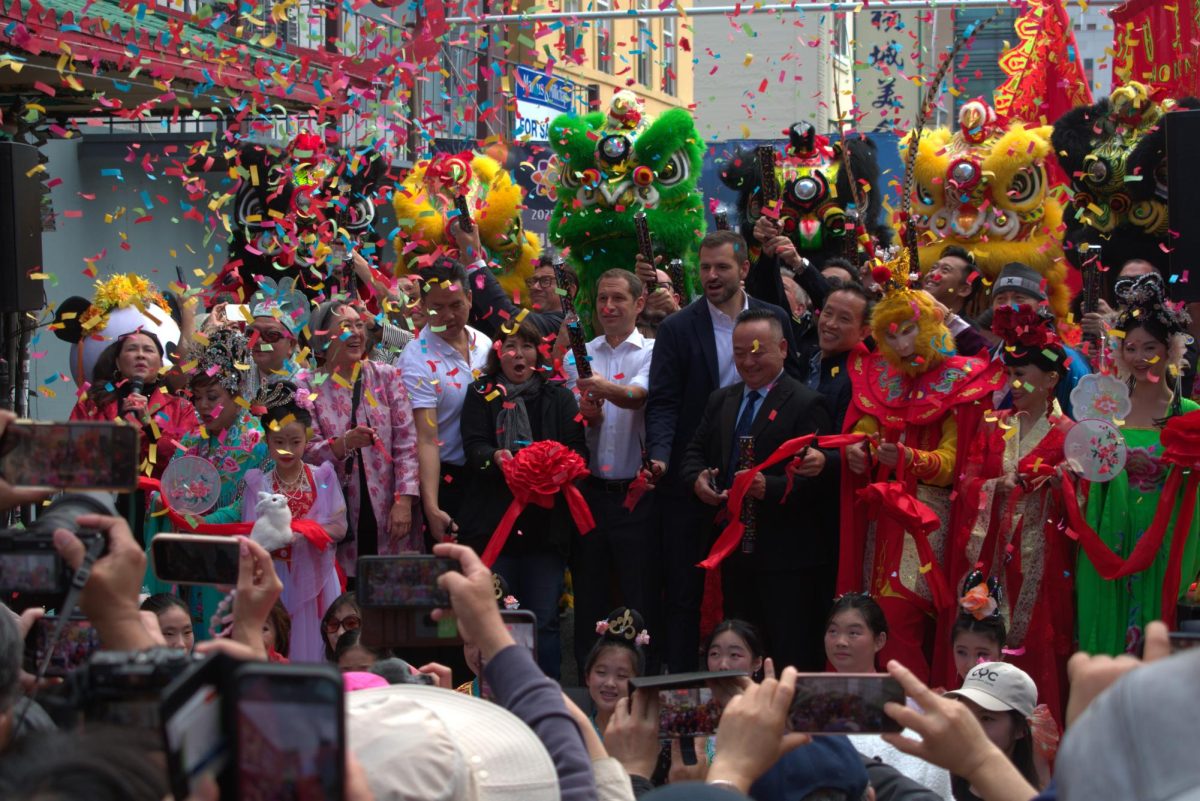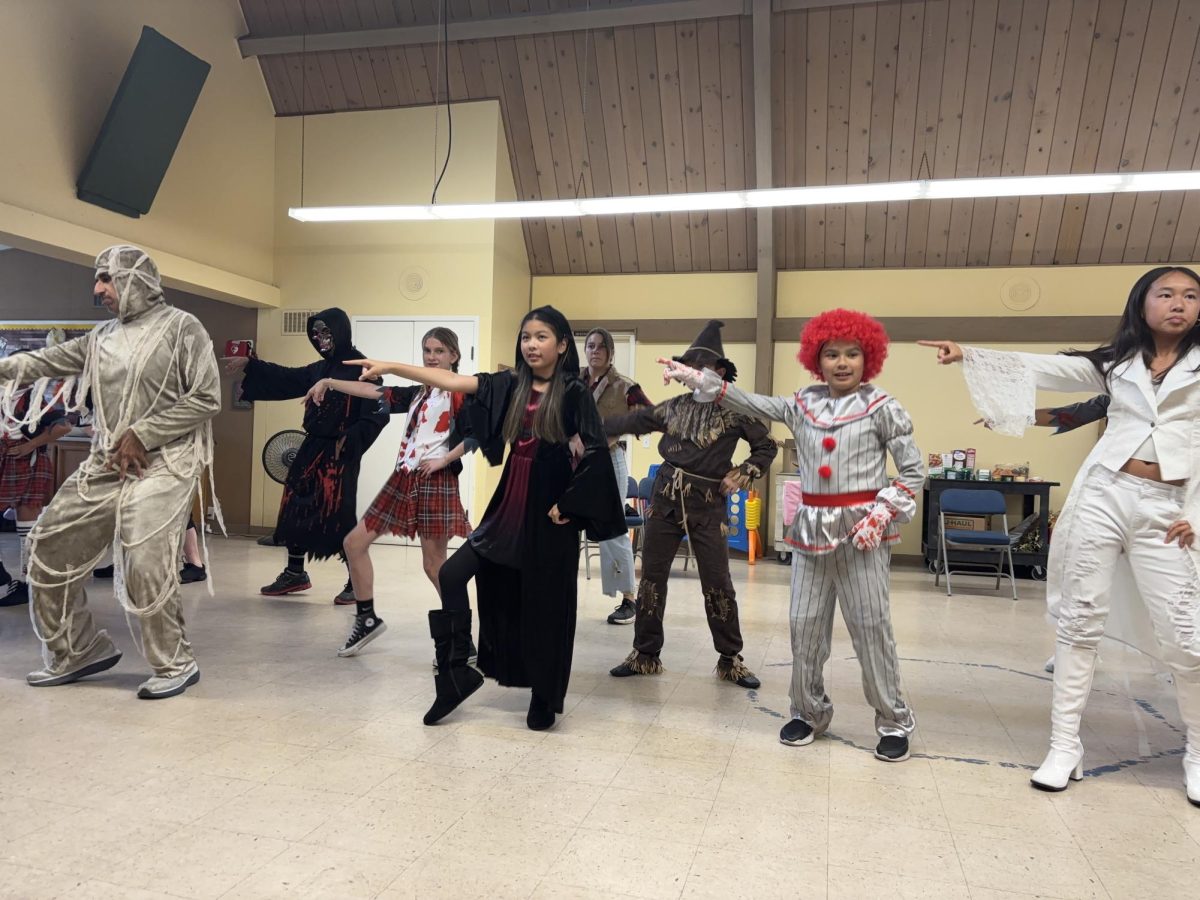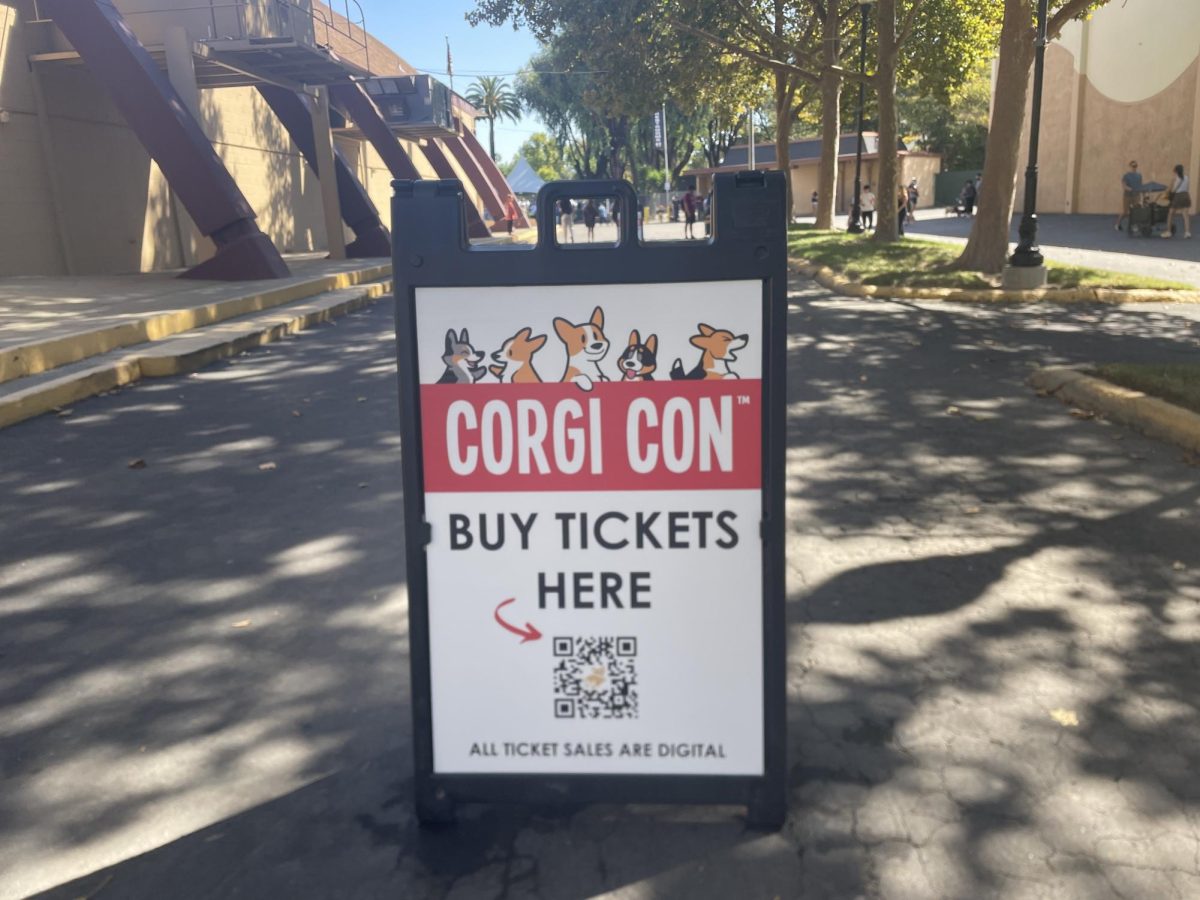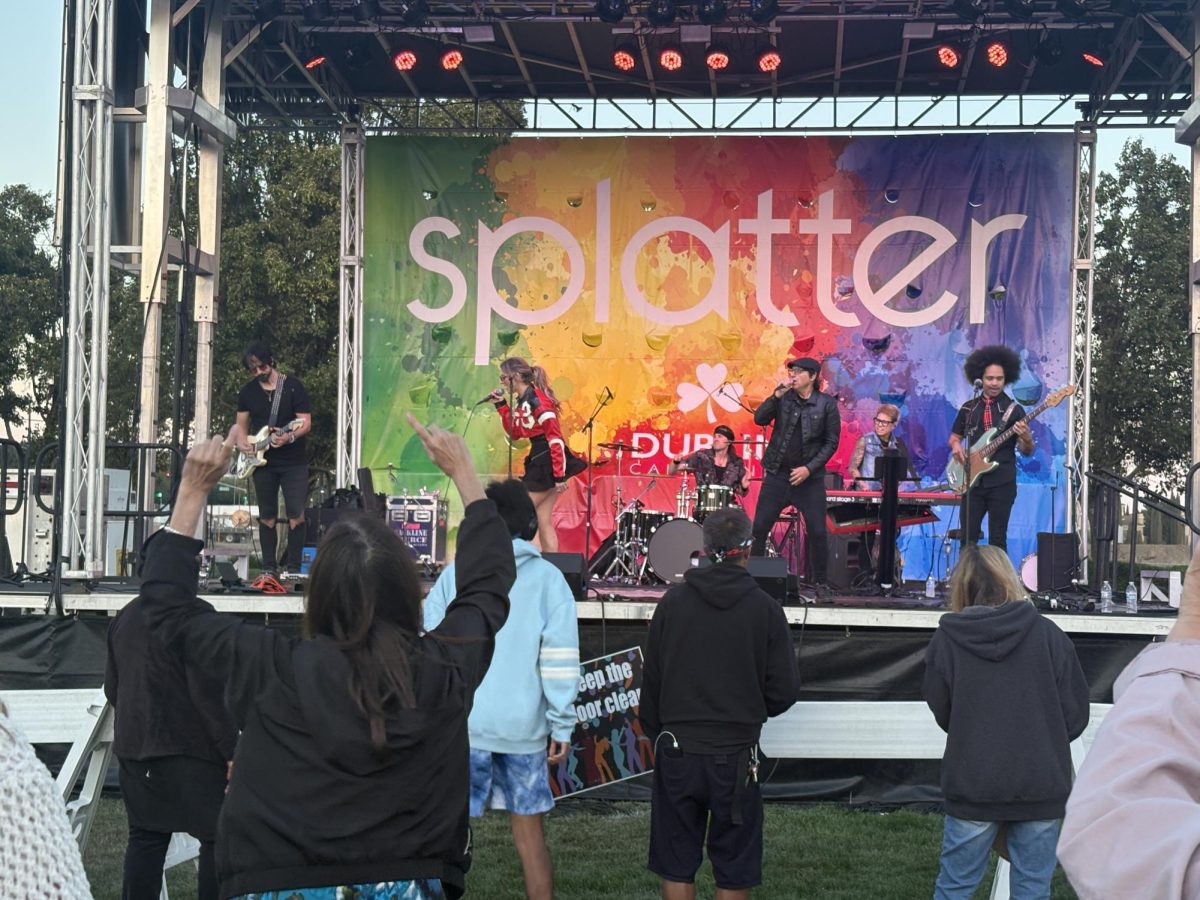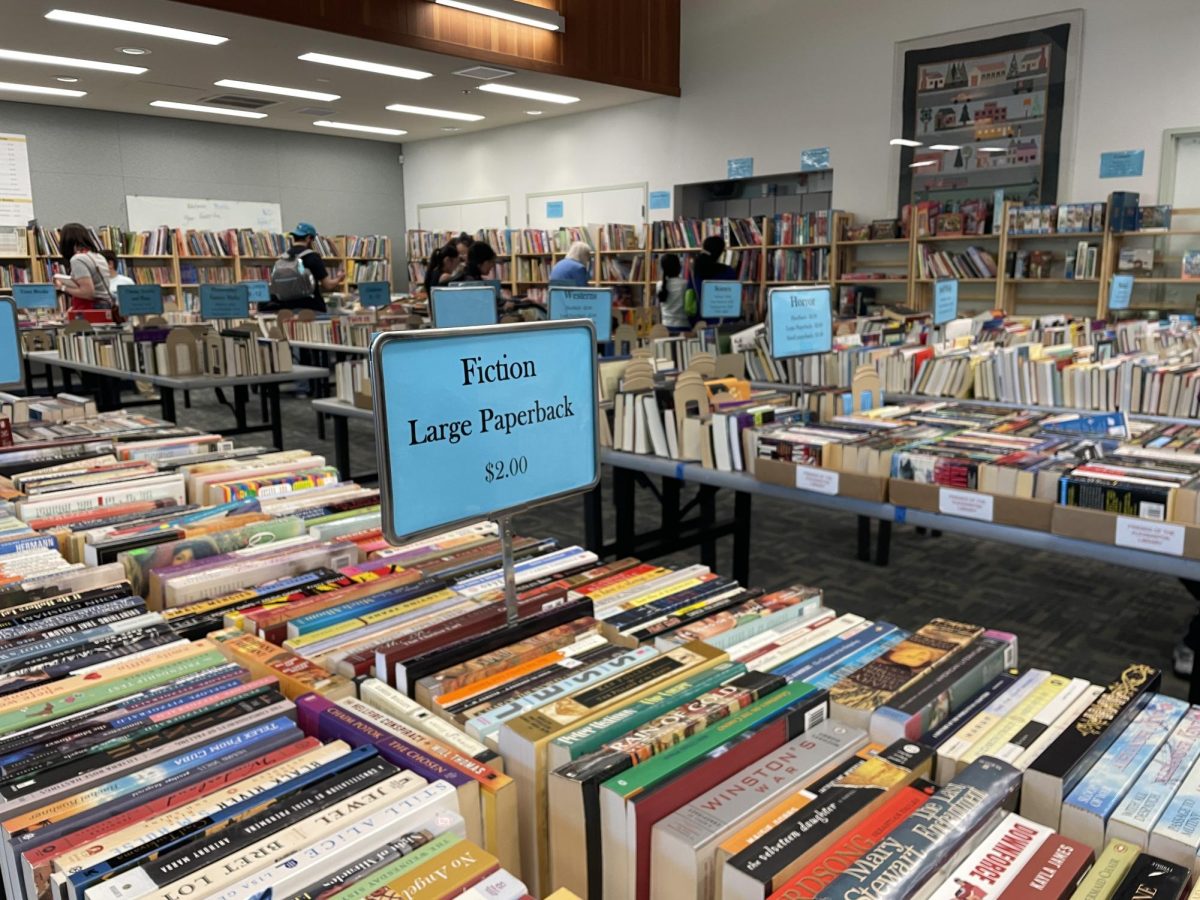The award-winning, nationally recognized Amador Valley Competition Civics Team is once again headed to compete at the state level. After preparing for over a semester, the team of twenty is headed to the California We The People competition in Sacramento.
“They’ve just about reached the point where they’re ready to show what they know,” said Stacey Sklar, honors English teacher and Competition Civics coach.
The Competition Civics program, sponsored by the Center for Civic Education, is split up into six units. Each unit focuses on a different topic, and area of expertise, ranging from the constitution to modern day implications. At Amador, this program has been around since 1989 and has won twice, in both 1995 and 2022. However, Amador’s program has repeatedly placed in the top ten at the national level.
Inside and outside of the classroom, students spend the year researching questions, topics, and subtopics before writing a testimony. A board of expert judges will eventually listen to and question these testimonies.
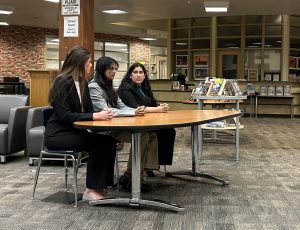
At the Jan 31 dress rehearsal, the team’s practice judges were AP US History teacher Mairi Wohlgemuth and Amador alumni Caleb Baldwin. These judges listened to each group’s testimony before an eight-minute question-and-answer session. Following the bombardment of questions, the judges gave feedback to each of the units.
“I’ve seen them improve a ton over the past couple of weeks,” said Sklar. “I’m fairly certain they are all quite nervous but I think that will serve them well, it will propel them forward and give them the energy they need to compete.”
The prompts varied drastically, but having prepared for it, each unit answered confidently and intelligently. The questions ranged from the Protestant Reformation (unit one) to the impact of globalization (unit six). With the question and answer session, students need to be able to cover all six units. Despite the level of preparation, students have to think on their feet and rationally answer any questions.
“I think we all have opinions but it’s one thing to know what you think, it’s another thing to get good at articulating it so others can understand it,” said Sklar.

